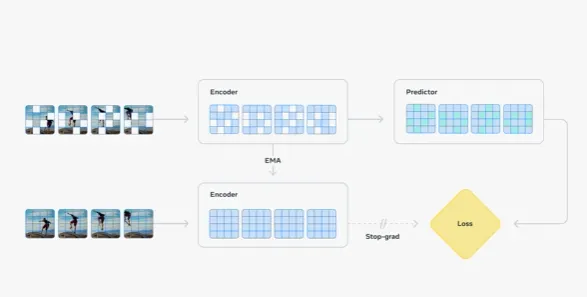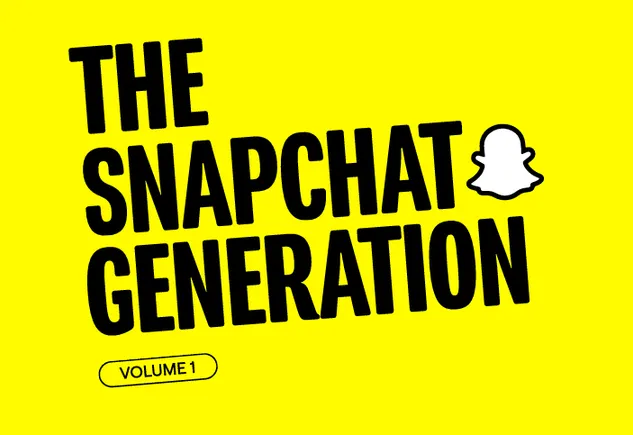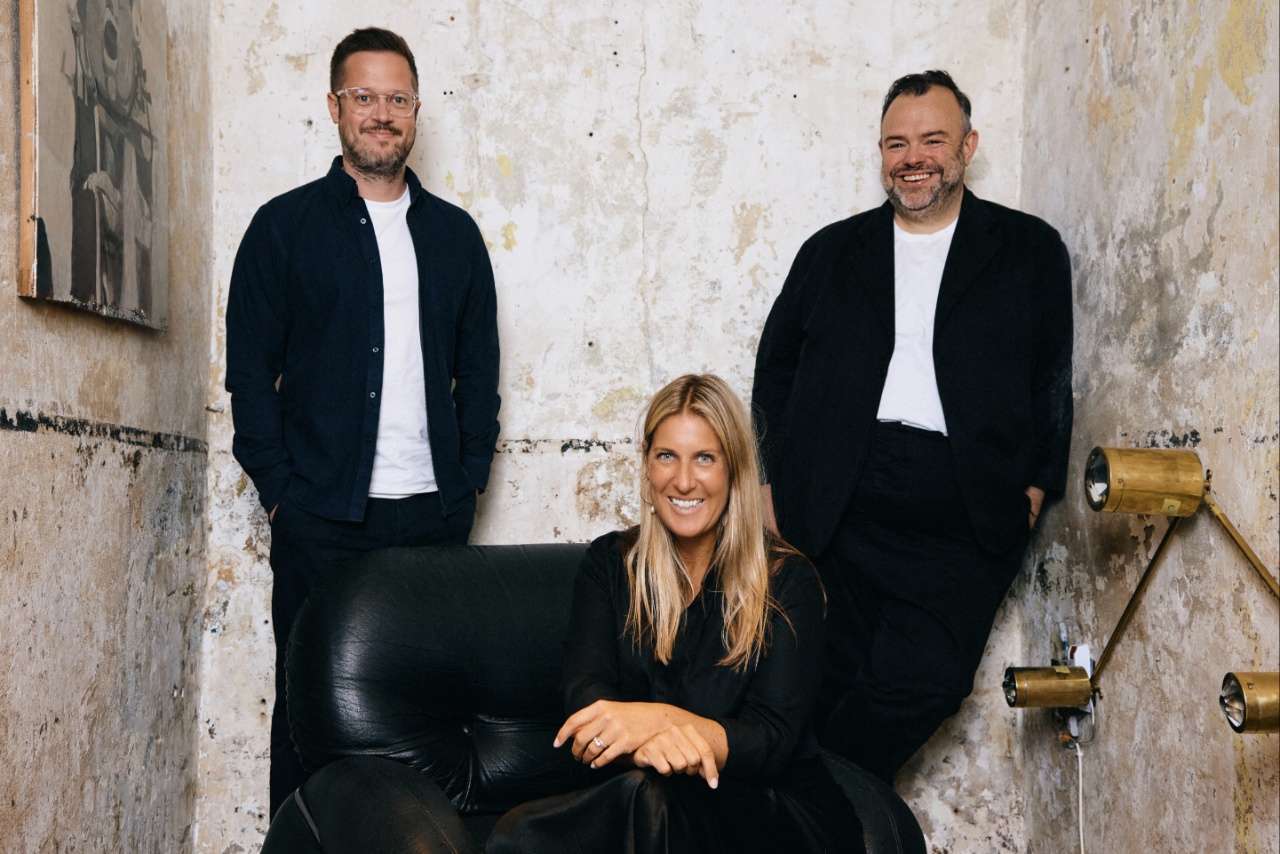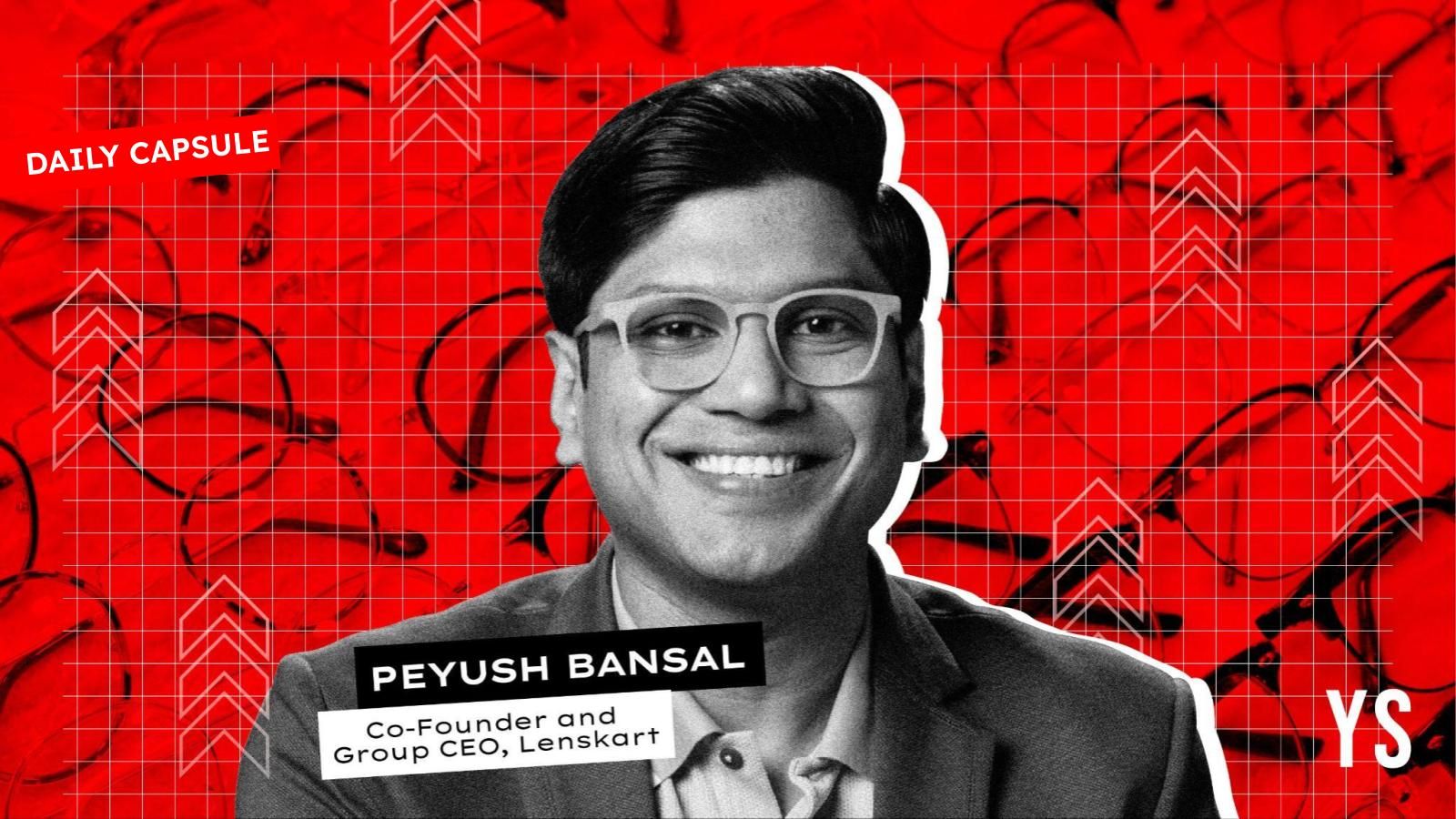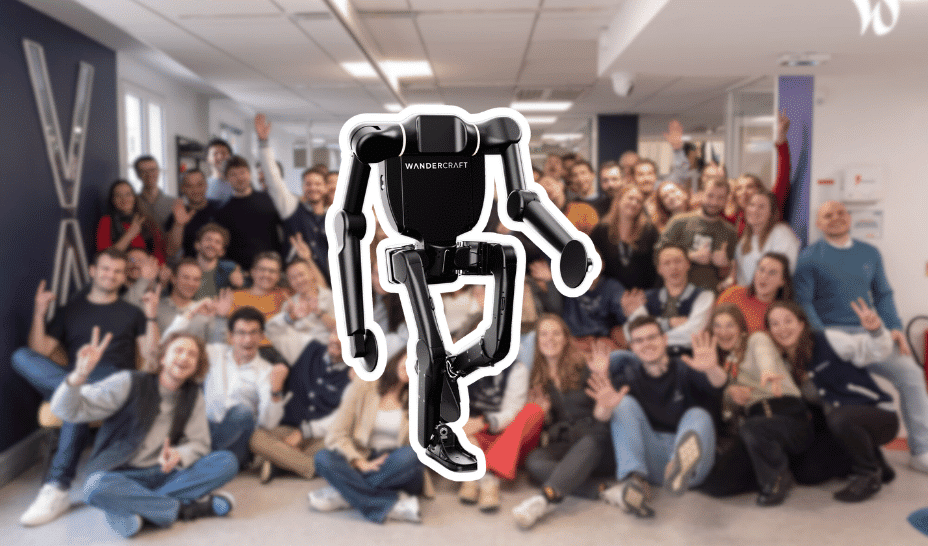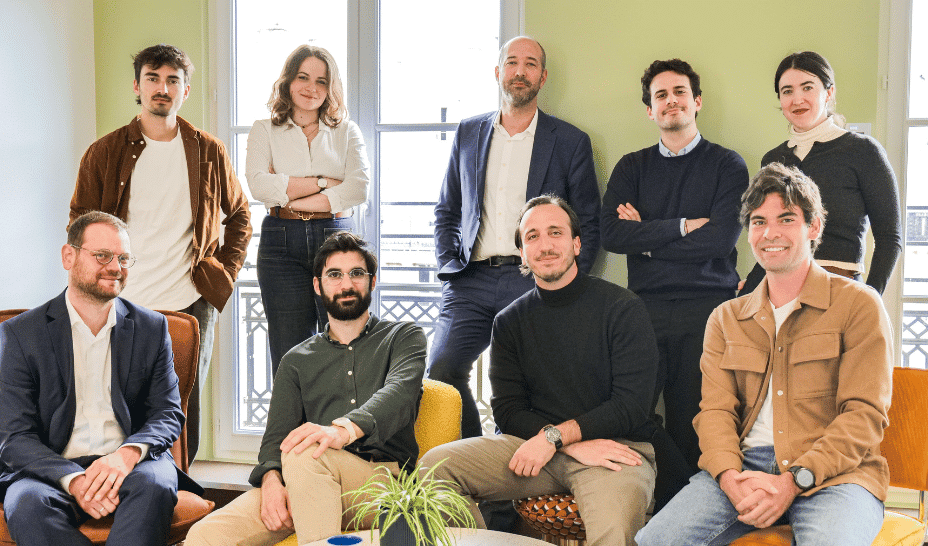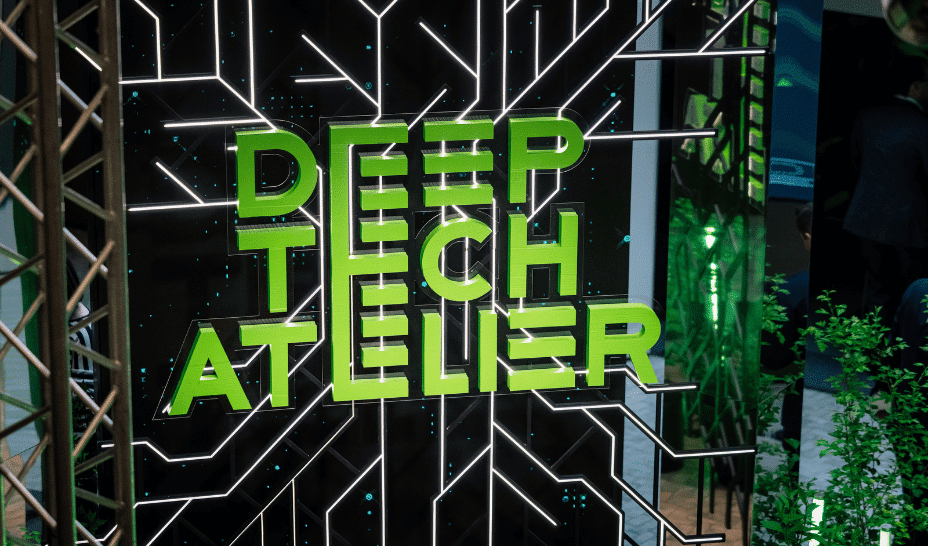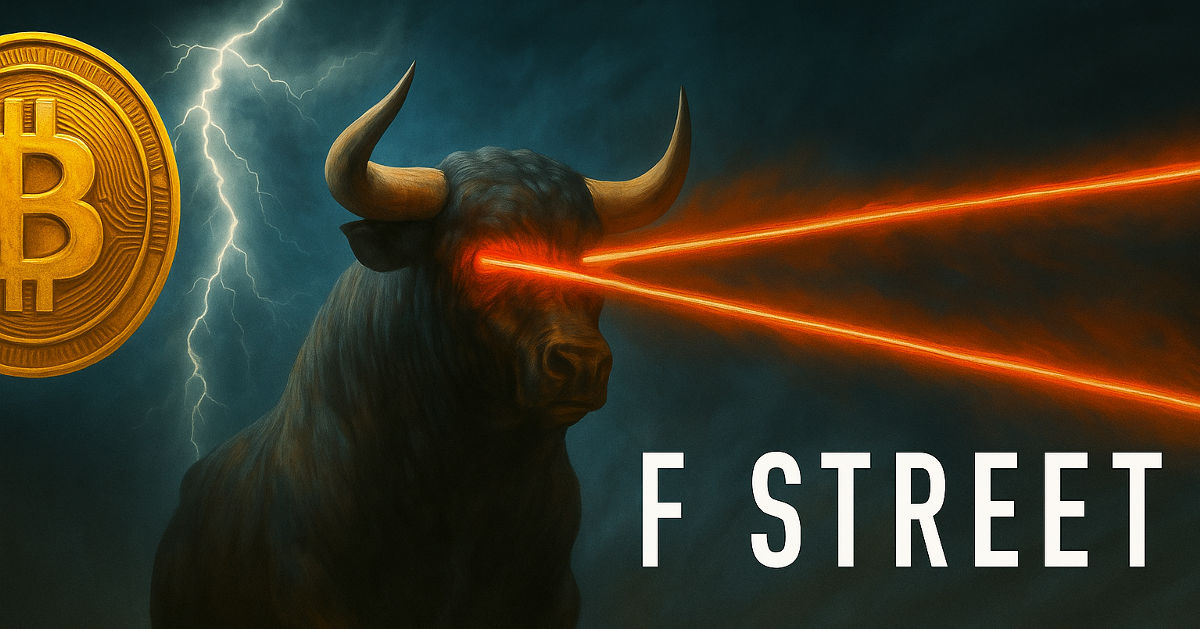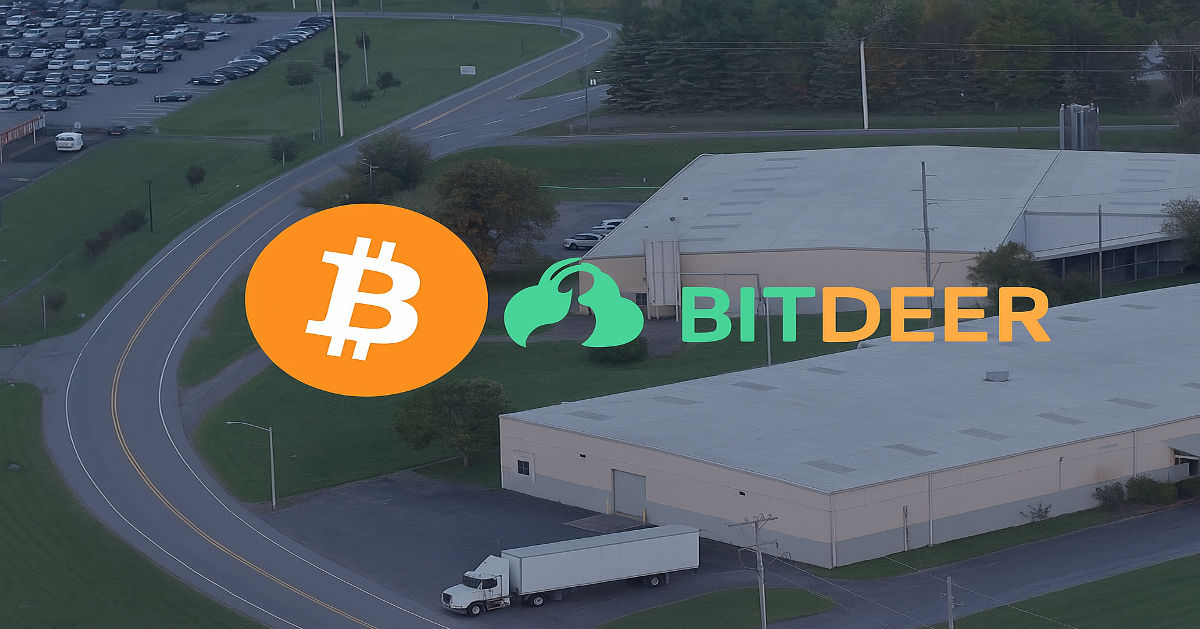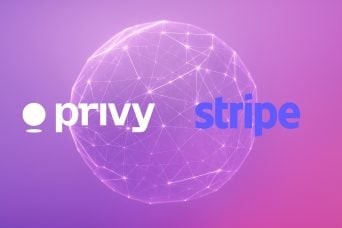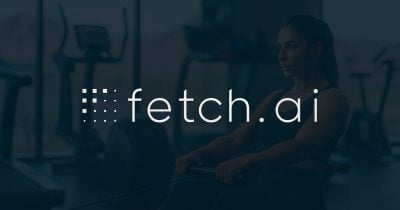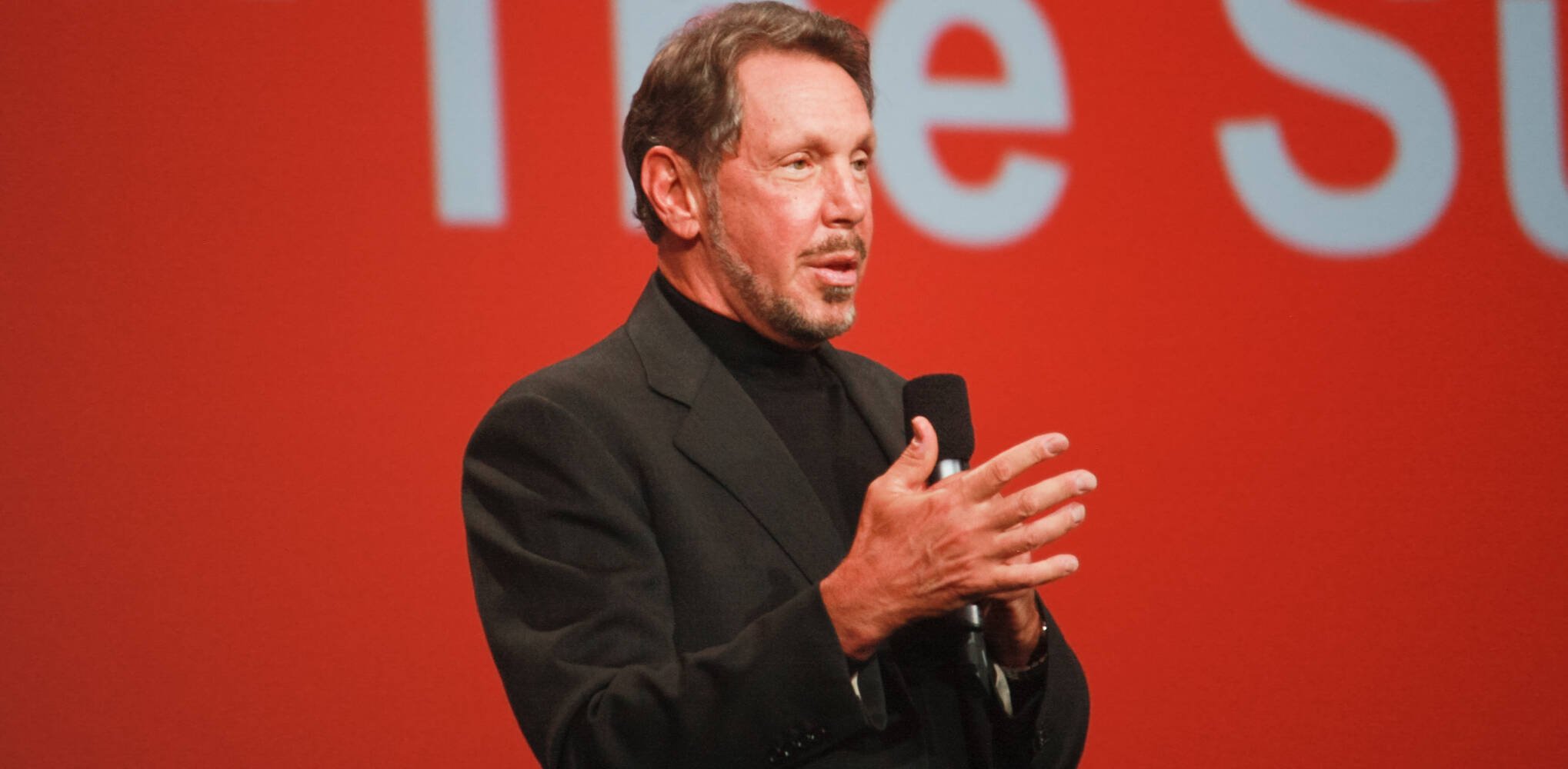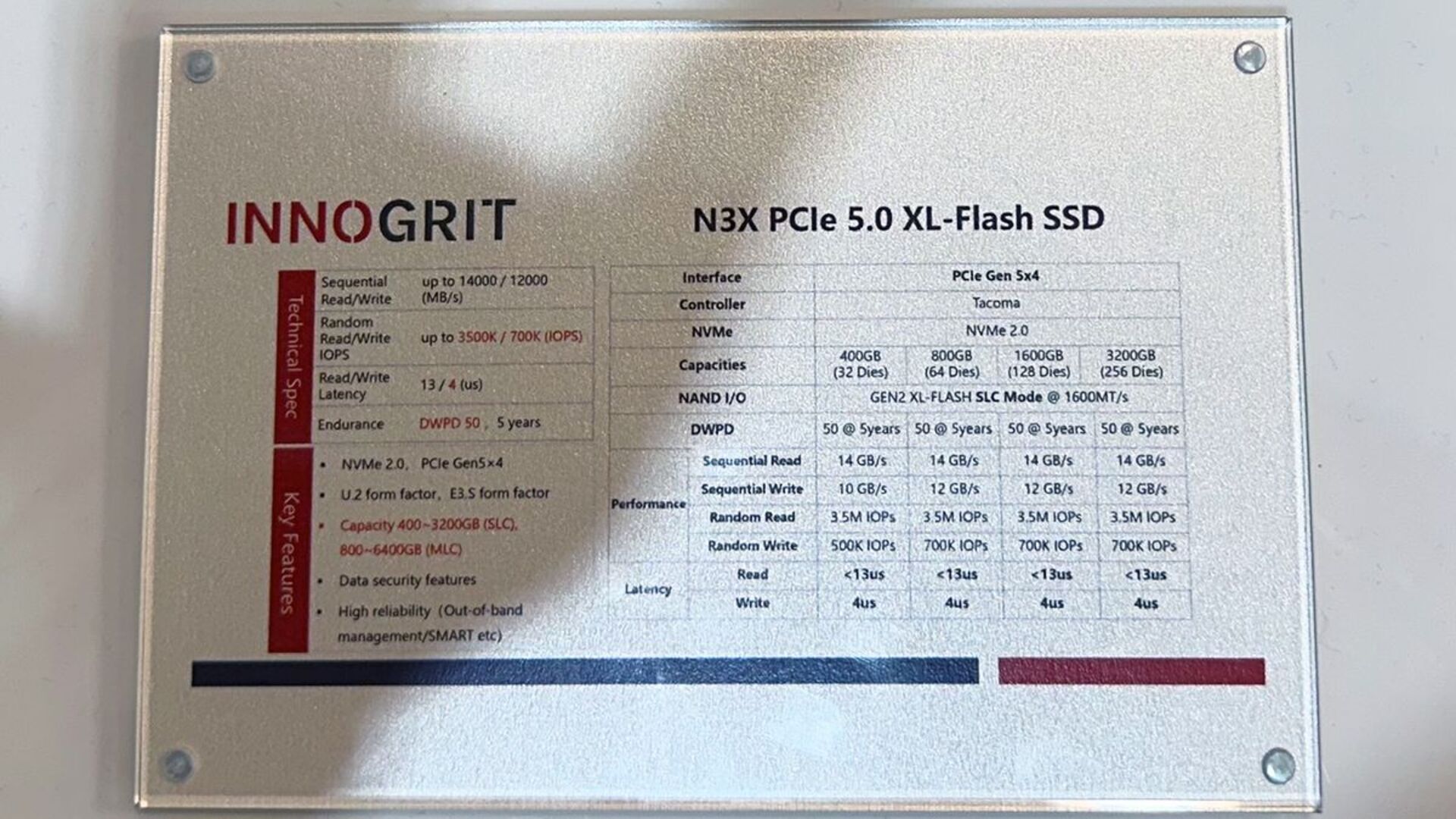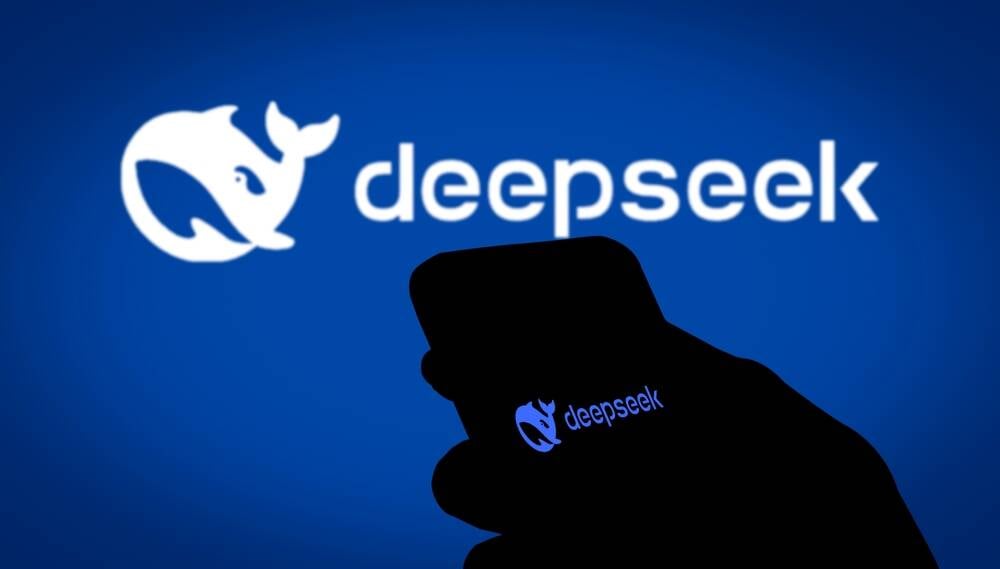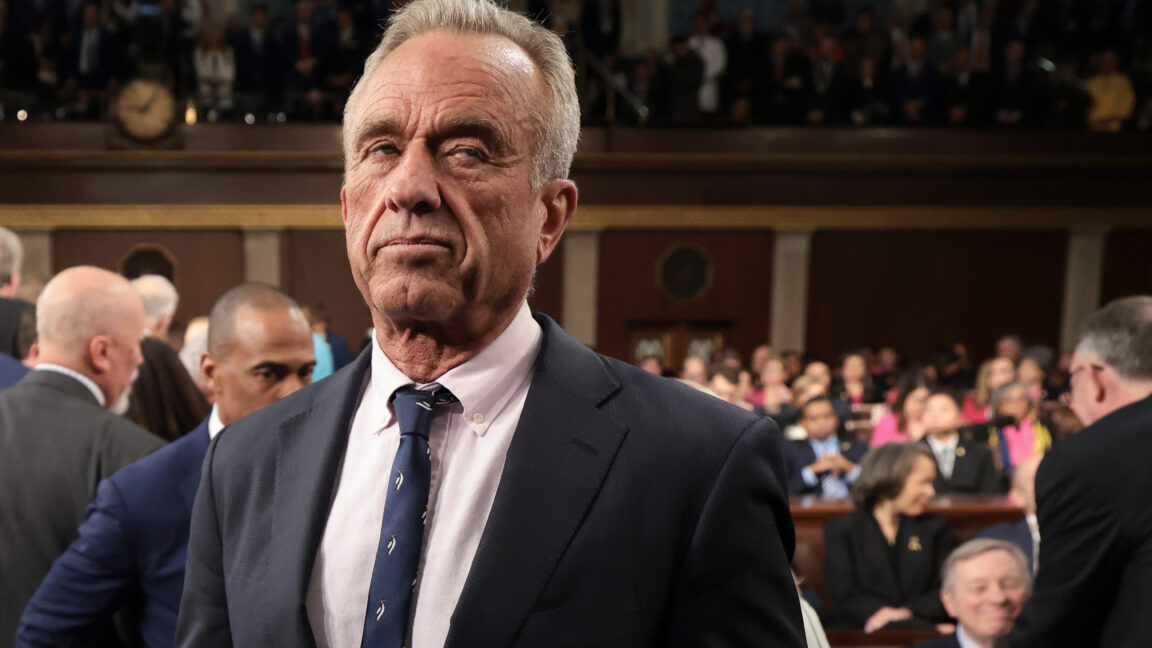Meta’s ‘superintelligence’ effort with Scale AI founder highlights its scramble to keep pace in AI race
Zuckerberg is tapping a rising AI power broker in a high-stakes move to revive Meta’s generative AI ambitions after its recent Llama 4 flop and ongoing AI talent departures.

Meta’s decision to create an ambitious new “superintelligence” AI research lab headed by Scale AI’s Alexandr Wang is a bold bid for relevance in its fierce AI battle with OpenAI, Anthropic and Google. It is also far from a slam-dunk.
While the pursuit of an ill-defined superintelligence—typically meant as an AI system that could surpass the collective intelligence of humanity–would have seemed a quixotic, sci-fi quest in the past, it has become an increasingly common way for top AI companies to attract talent and secure a competitive edge.
Tapping the 28-year-old Wang to lead the new superintelligence effort, while in talks to invest billions of dollars into Scale AI, as reported today by the New York Times, clearly shows Mark Zuckerberg’s confidence in Wang and Scale. The startup, which Wang co-founded in 2016, primarily focuses on providing high-quality training data, the “oil” that powers today’s most powerful AI models. Meta invested in Scale’s last funding round, and also recently partnered with Scale and the U.S. Department of Defense on “Defense Llama,” a military-grade LLM based on Meta’s Llama 3 model.
Meta has struggled, however, with several reorganizations of its generative AI research and product teams over the past two years. And the high-stakes AI talent wars are tougher to win than ever. Meta has reportedly offered seven-to-nine figure compensation packages to dozens of top researchers, with some agreeing to join the new lab. But one VC posted on X that even with those offers on the table, he had heard of three instances in which Meta still lost candidates to OpenAI and Anthropic.
Meta already has a long-standing advanced AI research lab, FAIR (Fundamental AI Research Lab), founded by Meta chief scientist Yann LeCun in 2013. But FAIR has never claimed to be pursuing superintelligence, and LeCun has even eschewed the term AGI (artificial general intelligence), which is often defined as an AI system that would be as intelligent as an individual person. LeCun has gone on record as being skeptical that current approaches to AI, built around large language models (LLMs), will ever get to human-level intelligence.
In April, LeCun told Fortune that a spate of high-profile departures from FAIR, including that of former FAIR head Joelle Pineau, was not a sign of the lab’s “dying a slow death.” Instead, he said, it was a “new beginning” for FAIR, refocusing on the “ambitious and long-term goal of what we call AMI (advanced machine intelligence).”
Aside from FAIR, Meta CEO Mark Zuckerberg has spent billions on generative AI development in a bid to catch up to OpenAI, following the launch of that company’s wildly popular ChatGPT in November 2022. Zuckerberg rebuilt the entire company around the technology and succeeded in creating highly-successful open source AI models, branded as Llama, in 2023 and 2024. The Llama models helped Meta recover from an underwhelming pivot to the metaverse.
But Meta’s latest AI model, Llama 4, which was released in April 2025, was considered a flop. The model’s debut was attended by controversy around a perceived rushed release, lack of transparency, possibly inflated performance metrics, and indications that Meta was failing to keep pace with open-source AI rivals like China’s DeepSeek.
For the past year, Meta’s been hemorrhaging top AI talent. Three top Meta AI researchers–Devi Parikh, Abhishek Das and Dhruv Botra, left a year ago to found Yutori, a startup focused on AI agents. Damien Sereni, an engineering leader at Meta who led the team working on PyTorch, a framework underpinning most of today’s top LLMs, recently left the company. Boris Cherny is a software engineer who left Meta last year for Anthropic and created Claude Code. And Erik Meijer, a former Meta engineering leader, told Fortune recently that he has heard that several developers from PyTorch have recently left to join former OpenAI CTO Mira Murati’s Thinking Machine Labs.
Meta’s move to bring in Wang, along with a number of other Scale employees, while simultaneously investing in Scale, follows what has, over the past 18 months, become a standard playbook for big tech companies looking to grab AI know-how from startups. Microsoft used a similar deal structure, which stops short of a full acquisition yet still amasses talent and technical IP, to bring in Mustafa Suleyman from Inflection. Amazon then used the arrangement to hire key talent from Adept AI and Google used it to rehire Character AI cofounder Noam Shazeer. Because the deals are not structured as acquisitions, it is more difficult for antitrust regulators to block them.
It remains unclear whether Meta will be able to declare the Scale deal as a big win. It’s also not yet certain whether Yann LeCun will find himself marginalized within the Meta research ecosystem. But one big rising power player is undeniable: Alexandr Wang.
Wang became a billionaire with Scale by providing a global army of contractors that could label the data that companies including Meta and OpenAI use to train and improve their AI models. While it went on to help companies make custom AI applications, its core data business remains its biggest moneymaker. When Fortune spoke to Wang a year ago, he said that data was far from being commoditized for AI. “It’s a pivotal moment for the industry,” he said. “I think we are now entering a phase where further improvements and further gains from the models are not going to be won easily. They’re going to require increasing investments and are gonna require innovations and computation and efficient algorithms, innovations, and data. Our leg of that school is to ensure that we continue innovating on data.”
Now, with a potential Meta investment,Wang’s efforts are paying off big time. Zuckerberg can only hope the deal works as well for him as it has for Wang.
This story was originally featured on Fortune.com



